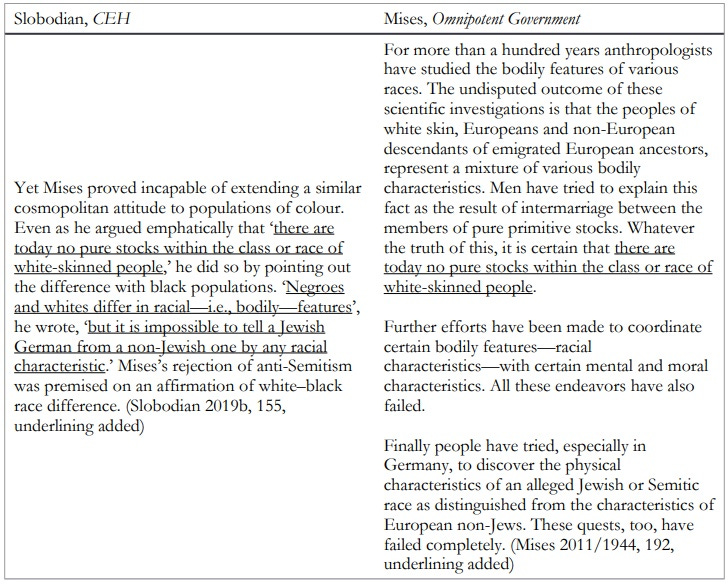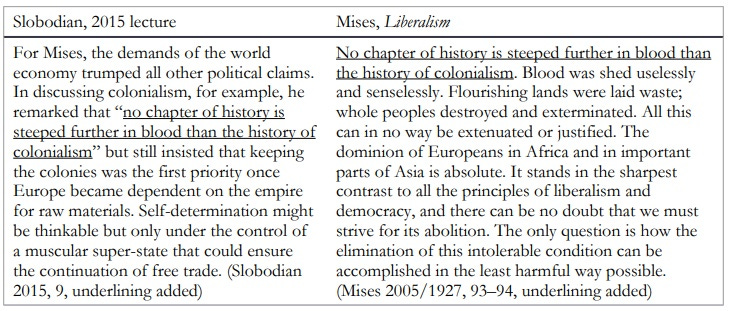Mises and Open Borders
The Mises Institute has been the center of libertarian immigration skepticism for the last three decades. Ludwig von Mises himself, however, was a staunch open borders advocate for people of all races. Starting over a hundred years ago.
Yet in a classic case of “No good deed goes unpunished,” historian Quinn Slobodian recently interpreted Mises as a racist. In the latest issue of Econ Journal Watch, Phil Magness and Amelia Janaskie set the record straight, accusing Slobodian of not only misreading Mises but severe quote-doctoring. A few samples:
Admittedly, Mises’ commitment to open borders was imperfect: He made one big exception for what modern economists would call “political externalities.” From his Omnipotent Government:
These considerations are not a plea for opening America and the British Dominions to German, Italian, and Japanese immigrants. Under present conditions America and Australia would simply commit suicide by admitting Nazis, Fascists, and Japanese. They could as well directly surrender to the Führer and to the Mikado. Immigrants from the totalitarian countries are today the vanguard of their armies, a fifth column whose invasion would render all measures of defense useless. America and Australia can preserve their freedom, their civilizations, and their economic institutions only by rigidly barring access to the subjects of the dictators. But these conditions are the outcome of etatism. In the liberal past the immigrants came not as pacemakers of conquest but as loyal citizens of their new country.
Yes, it’s the same hyperbolic rhetoric of open borders as “suicide” for which I faulted Tyler Cowen. Contra Mises, I say that the vast majority of Germans, Italians, and Japanese migrating from Nazi Germany, Fascist Italian, and Imperial Japan would not only have been productive members of the Anglo-American world; their exit would have sapped the war-making powers of the sending countries.
As I explain in Open Borders, the citizens of totalitarian countries will likely be relatively authoritarian, but this hardly means they’re willing to actually act to advance the cause of unfreedom. Instead, most will be too politically apathetic even to vote, much less risk their lives by joining any “fifth column.”


